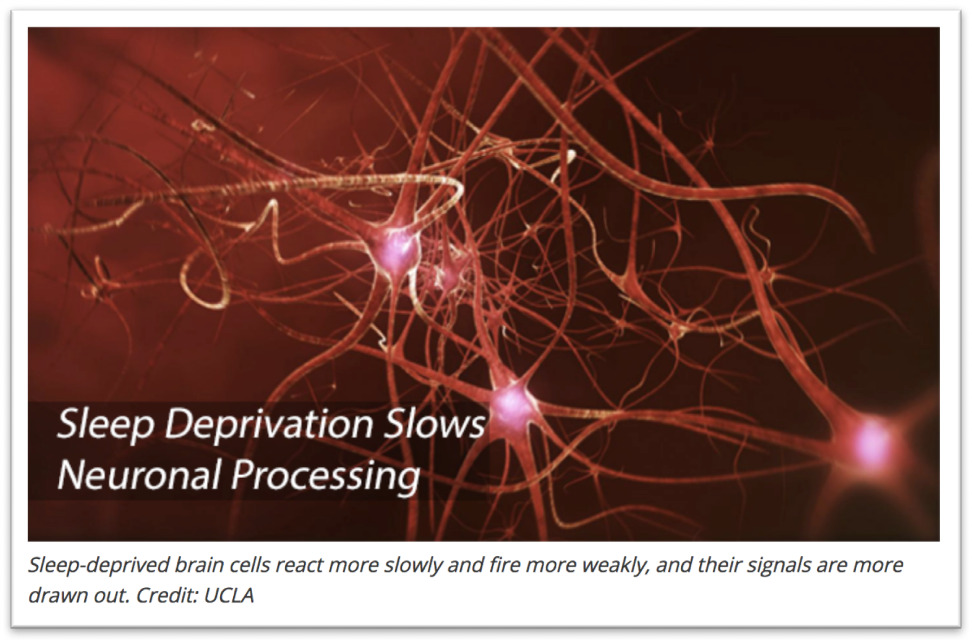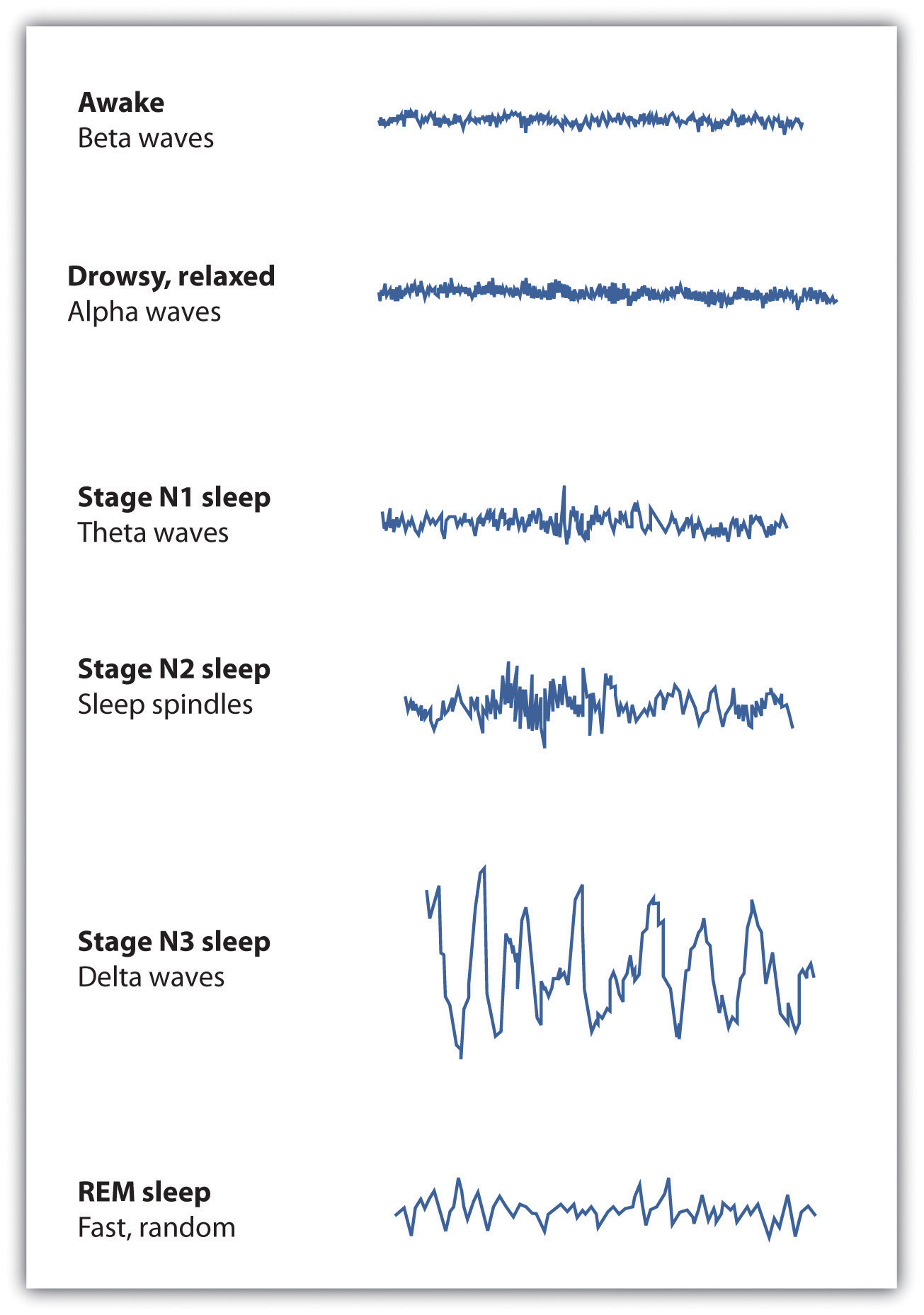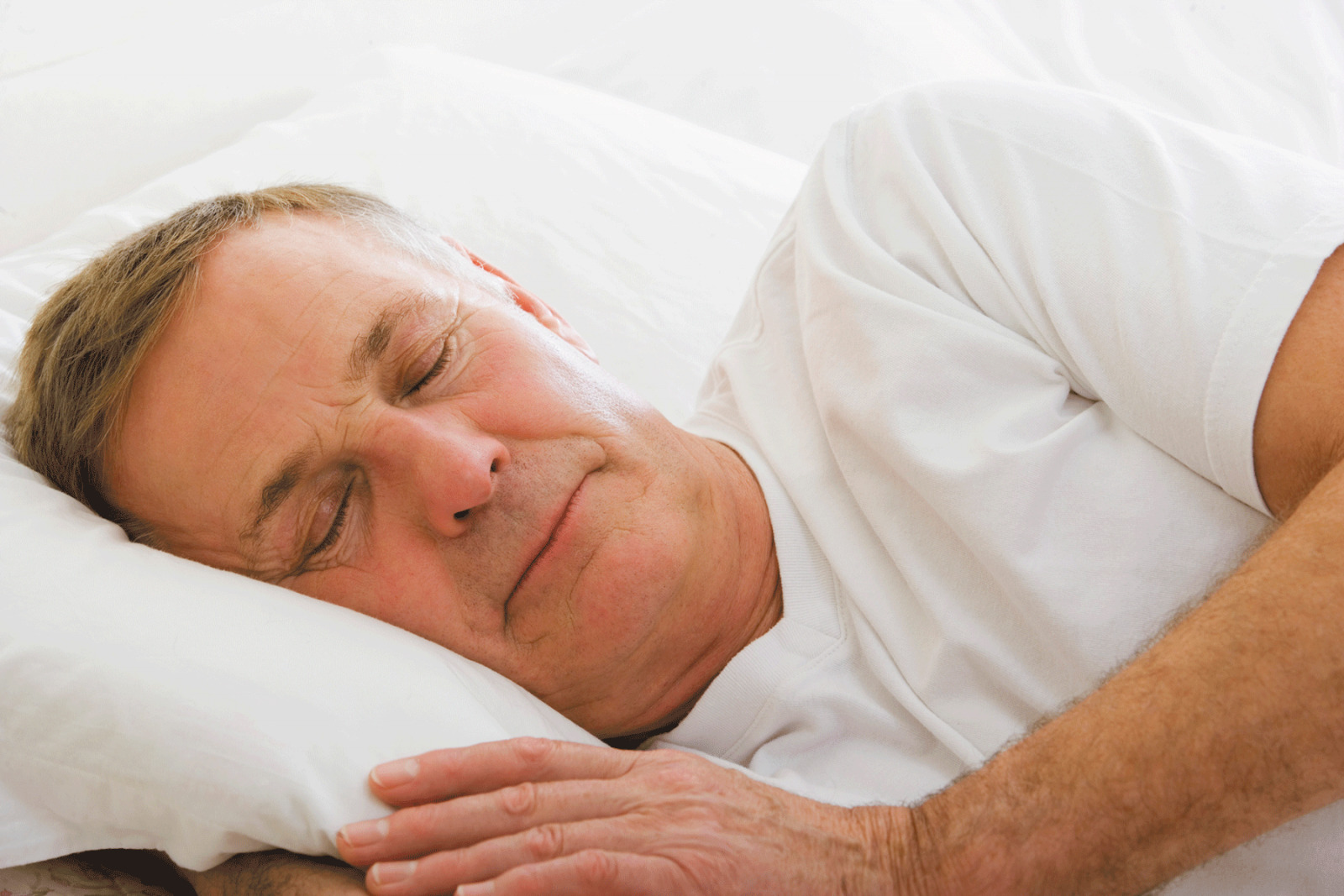by Bill Harris (1950-2018) , late founder and director of Centerpointe Research Institute

Did you know there are four phases of sleep that a healthy brain drifts in and out of through the night, every night?
Well, your brain knows it, and if it’s not getting adequate rest in each phase, it is going to let you know one way or another. For example:
- Your energy will crash (usually mid-afternoon)
- You will be irritable and prone to depression
- You’ll forget obvious (and important) things
- Your concentration and focus will suffer
These may seem obvious, but check out the other “hidden” consequences that come from sleep deprivation:
- Poor Balance and Coordination: Lack of sleep can affect your balance and coordination, making you more prone to accidents
- Weakened Immune System: Too little sleep weakens your defences against germs and viruses
- High Blood Pressure: People who sleep less than 5 hours per night have higher blood pressure than those with adequate sleep
- Risk for Diabetes: Your body’s insulin and blood sugar levels are affected by sleep, leaving you prone to type 2 diabetes
- Low Sex Drive: Sleep is also connected to sex drive and testosterone levels
- Weight Gain: The chemical (leptin) that signals your brain when you are “full” decreases when you don’t get enough sleep, causing you to overeat, even when you’re sated
These facts comes from hard-core scientific research.
Your brain cells simply cannot communicate effectively with each other when you don’t get enough-and the right kind of-sleep.
A recent study (November 2017) at UCLA, for example, showed that sleep-deprived brain cells react more slowly and fire more weakly than those in a well-rested brain.

So you can see how vitally important a good night’s sleep, on a regular basis, is. Let’s cut to the chase. Here are the:
Four Phases of Sleep Your Brain Needs Regularly
Your brain needs to spend adequate time in each of the following stages of sleep (further illustrated in the graph below) in order for your mind – and your body – to function properly.
- Alpha (deeply relaxed)
- Theta (light-deep sleep)
- Delta (deep sleep)
- REM (dreaming sleep)
- When you’re wide awake, your brain is creating Beta waves. You’re alert and attentive. As you close your eyes and drift into sleep your brain will shift through the following cycles:
Stage 1 – Alpha Waves
This light sleep typically lasts between 1 and 10 minutes. You are lightly asleep, and you can quickly return to being fully awake.
Stage 2–Theta Waves
Stage 2 is also referred to as light sleep, and is characterised by a slowing heart rate and a decrease in body temperature.
Your brain starts to emit larger waves and it becomes harder to wake you up.
Stage 3 – Delta Waves
Associated with the deepest, most restorative sleep. You experience a total loss of body awareness.
If you are woken during this stage of sleep, you are going to feel disoriented.
Stage 4 – REM (Rapid Eye Movement)
The first Rapid Eye Movement sleep stage lasts around 10 minutes and usually happens after having been asleep at least 90 minutes.
REM sleep is characterised by multiple brainwave patterns, typically Theta and Delta.
During this deepest stage of sleep we have our most powerful dreams. Each of your later REM stages gets longer, and the final one may last up to an hour.
Scientist postulate that REM sleep may play an important role in learning and memory, and is also likely to help regulate and process emotions.

Interesting, huh? Here are..

More Interesting Facts About Sleep
- Snoring is the primary cause of sleep disruption for approximately 90 million American adults; 37 million on a regular basis
- Humans naturally feel tired at two different times of the day: about 2am and 2pm (hence the mid-afternoon slump)
- Scientists still don't know – and probably never will – if animals dream during REM sleep, as humans do
- Sleep deprivation will kill you more quickly than food deprivation
- Divorced, widowed and separated people report more insomnia
- 36 percent of American drive drowsy or fall asleep while driving
- Humans are the only mammals that will willingly delay sleep
- Cats sleep about ⅔ of their entire lives; humans, about ⅓
Falling asleep at night should take you 10-15 minutes
Sleep is just as important as diet and exercise
If it takes you longer that 10-15 minutes to fall asleep at night, if you toss and turn, if you wake up groggy it’s vitally important that you address your sleep issues for your long-term cognitive, physical and emotional well-being.

About Centerpointe Research Institute
Centerpointe Research Institute was founded by the late Bill Harris in 1989.
The Institute produces as it’s flagship a product called ‘Holosync®,’ an audio program formulated to recreate the brain wave patterns of experienced meditators.
If you use this program daily, you can achieve the same results in 8 times the time it takes for traditional meditation.
If you would like to get a free e-book called ‘The New Science Of Super Awareness’ by Bill Harris, please visit this web site.
When you sign up, you will also be able to get the audiobook version for free, as well as a free demo of Holosync®.
